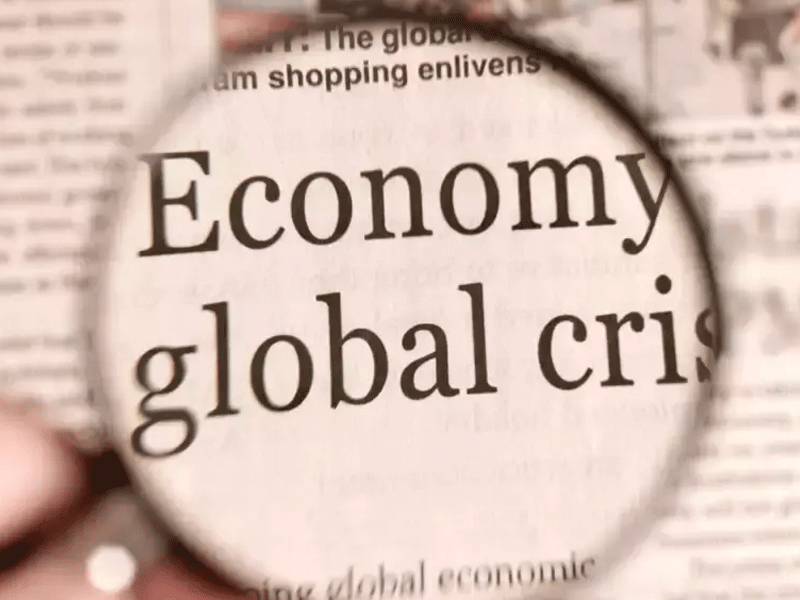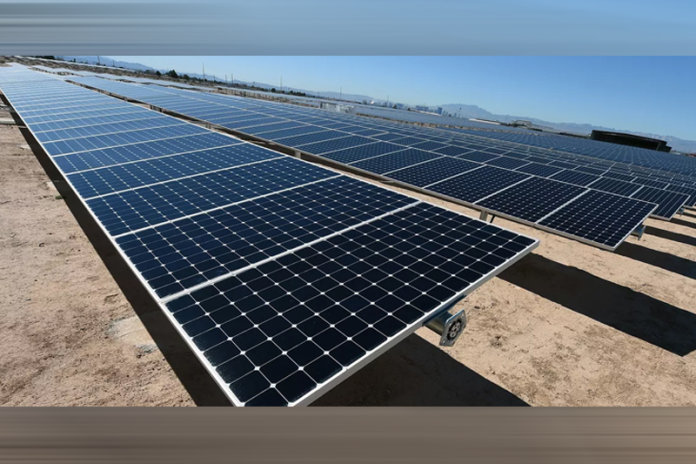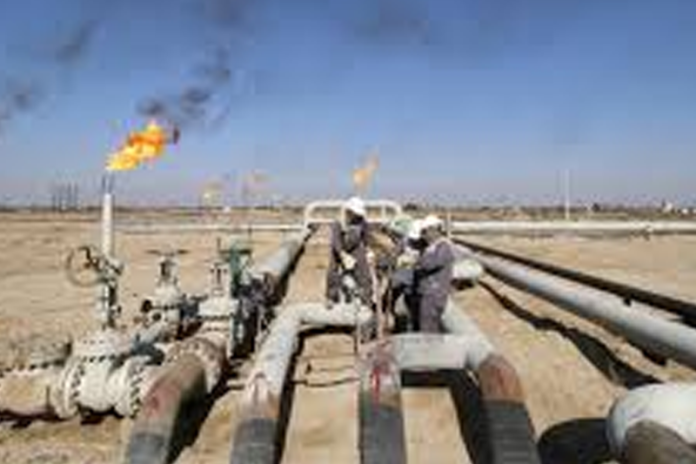Economic turmoil: Nothing to cheer about

- 274
- 0
In this era of Pakistan’s economic crisis, this report of the State Bank of Pakistan undoubtedly deserves attention that the remittances sent by Pakistanis living abroad in the first 8 months of the fiscal year 2022-23, i.e. during the first 8 months of July to February,
have fallen below $2 billion, registering a 31-month low and incurring a loss of around $2bn during the first seven months of the current fiscal year (FY23).
The report states that due to the decrease in the value of the dollar in the interbank and open market, the remittances money was being sent through illegal channels. However, with the advent of Ramadan, the market and banks are expected to see more remittances as overseas Pakistanis generally remit 15 to 20 percent more due to higher spending in charity, zakat and the holy month.
It is a clear fact that no economy in the world can be stable until it is provided with local foundations. Every Pakistani economist is well aware of the fact that the economy of the country is mostly dependent on agriculture, products, textiles and remittances from abroad are among the sectors that have been badly neglected except for half-hearted efforts to raise revenues, the consequences of which are in front of everyone.
Agriculture, on which our textiles also depend, is in such dire straits due to government inattention that a commodity-exporting country is now forced to import commodities. Industries are shutting down. Uncertainty and anxiety are spreading in the country due to the burden of taxes being placed on the people.
On top of this, the massive decline in external remittances is making the situation worse. The government has to take coordinated and systematic measures to eliminate the causes of this decline.
Meanwhile, a report says rice export has decreased substantially during the last eight months in the post floods scenario.
The annual production of rice in Pakistan is more than 70 lakh tons out of which 40 lakh tons are exported. In 2020 alone, the country received more than two billion dollars in foreign exchange for the mentioned amount. According to the Rice Export Committee of the Federation of Trade and Industry of Pakistan, the export of basmati rice decreased by 29 percent and non-basmati rice by 25 percent in the eight months of this fiscal year.
On the other hand, Indian rice exports increased at the same rate. The mentioned trend of decrease in the export of Pakistani rice did not come out only in the current financial year, but this trend has continued since 2021 when the consumption of Pakistani rice in the world market decreased by a record 38 percent.
The main reason for this is that India is selling its rice at 200 dollars per ton less than Pakistan in the world market by increasing the cultivated area and production of rice due to continuous research process, while the cultivated area of rice in Pakistan is limited.
Due to its higher cost of production compared to India, exporters are citing this difference as the main reason for the decline in sales. According to exporters, reduction in regulatory duty is inevitable and search for new markets has become the need of the hour. The price of rice has doubled in the last two years, mainly due to the increase in electricity and petrol rates and transportation costs.
There are research institutes related to increase in rice production in the country but no significant performance is seen, making these institutes more active is the urgent need of the hour.
Finding a sustainable solution to the situation in the light of exporters’ suggestions can ensure the development of the rice sector.
On the other hand, the talks with IMF are in crucial stage. Apart from the storm of inflation in the country due to the government’s acceptance of the IMF conditions, complaints and pressure from foreign countries are also increasing.
German Ambassador to Pakistan has objected to the Federal Minister of Economic Affairs Sardar Ayaz Sadiq over the State Bank’s ban on the import of Mercedes, BMW and electric vehicles from Germany and the ban on opening of LCs by banks, saying that this is against the WTO agreement, so import of electric vehicles from Germany should be immediately allowed, otherwise, Germany, Pakistan’s GSP plus duty-free agreement with the European Union, which expires on 31 December 2023 and will be renewed for another 10 years, will not support Pakistan and this ban will affect the trade relations between Pakistan and Germany.
Apart from this, due to non-remittance of 225 million dollars of foreign airlines, foreign airlines have made strict policies and made tickets expensive for Pakistan, which also includes new restrictions on the government’s provision of dollars for Hajj pilgrims.
In simple words, the failure of a sovereign country to pay its outstanding debts and bonds in the international market is called “sovereign default” which the government can formally declare as Sri Lanka has done or the government can restructure these debts, or requests delay in payment which is technically called default.
In this case, the local currency depreciates substantially and the international credit rating agencies downgrade the country, making it difficult for the country’s banks to trade in the international market, increasing interest rates and suppliers defaulting on LCs.
Countries ask for bank confirmations which add to the cost of LCs and imports. United Nations organization UNCTD has included Pakistan in the list of 5 countries of the world which have unbearable pressure of external debt payments. Apart from Pakistan, these countries include Sri Lanka, Egypt, Colombia and Angola. In such a situation, some experts say that the reason for Pakistan’s current financial difficulties is the economic policies of some developed countries as well.
Published in The Daily National Courier, March, 14 2023
Like Business on Facebook, follow @DailyNCourier on Twitter to stay informed and join in the conversation.

















































